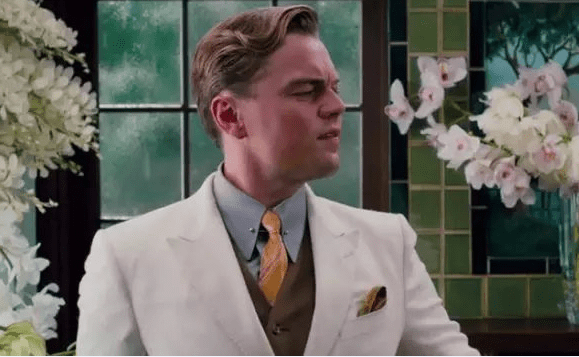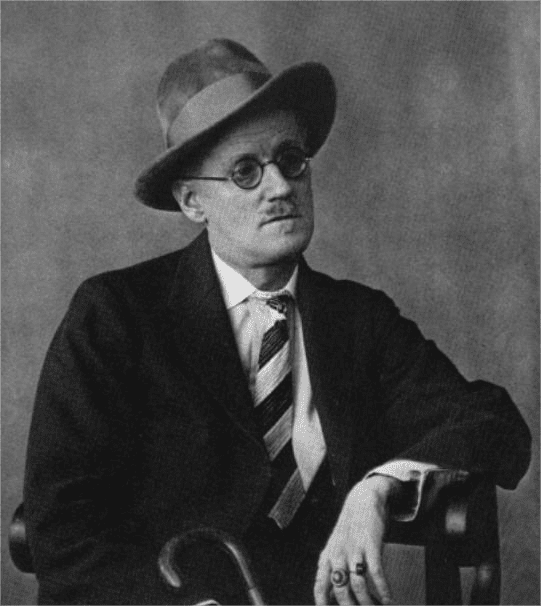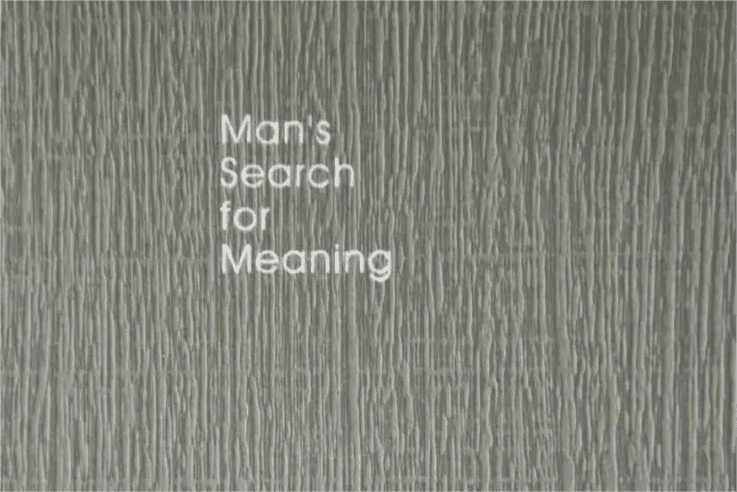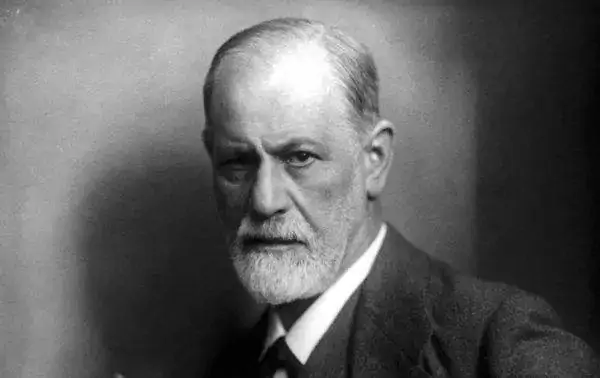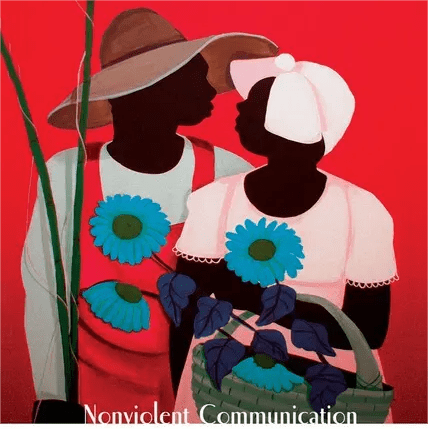“Whenever you feel like criticizing someone,” he told me, “remember that not everyone in the world has the advantages that you have.”
That’s the advice Nick Callaway, the first-person character in the great gatsby, lists from his father before he tells us his story. From then on, it was an ideal state to elicit his personal words and not comment on others. The basic moral concept of each person is different and cannot be viewed equally. However, when he gets to know Gatsby, after the beautiful and sad story of that summer, he admits that there are limits to any tolerance.
Thus, we are fortunate to witness the story of a small town in North America. Let’s take a look at the great gatsby by American writer Scott Fitzgerald.
Due east of New York, on a long, irregular island, there are two oddly shaped peninsulas, called East Egg Village and West Egg Village because of their resemblance to a pair of giant eggs, separated by a bay. The sad story happened here, in a beautiful place.
I’ll briefly mention the main characters: Nick and Gatsby, neighbors in West Egg; Daisy and Tom, husband and wife, live in East Egg; Wilson and his wife Myrtle lived on the road from the two peninsulas to New York, and Wilson struggled to run a car shop in this desolate region known as the Valley of Ashes.
The story involves a small number of characters, and the plot is not complicated. It can be summed up in two sentences: Daisy and Gatsby used to be lovers, but they broke up five years ago due to various objective reasons. When the story takes place, Daisy and Tom have been married for four years, and what is disgusting and surprising is Tom’s affair with Mrs. Wilson Myrtle. At the end of the story, Daisy accidentally killed Myrtle with her car, and Tom blamed Gatsby for it. Wilson, who was deeply shocked, mistook Gatsby for his wife’s lover and shot him to death, then committed suicide.
Writing this, I cannot help feeling a sense of consternation. Because, when we carefully study the words in the book, it is easy to feel the beauty contained in it, which makes the whole story full of charm. However, when we get rid of all the external factors that have nothing to do with the story and get down to the skeleton of the story, we are surprised to find that it brings us nothing but sadness, coldness and cruelty.
Therefore, we have to admire the author Fitzgerald’s writing, the idea, and the clever arrangement of the plot. The Great Gatsby allows us to experience the difference of human nature in a wonderful reading atmosphere. The vanity, greed and desire, in that fresh green land, seem so strange, conspicuous, and out of place.
Extramarital affairs, in flashy real life frequently appear in various literary works. Perhaps, this is the right way of human desire vast, bottomless.
Speaking of, Daisy and Gatsby’s relationship is not a nasty affair. After all, it was a love that took place before Daisy’s marriage, and Gatsby, after five years of struggle, waiting, hoping and elaborately created opportunities, just wanted to “sit” with Daisy in Nick’s house. Besides, Gatsby had no other expectations or unreasonable thoughts at that time. And Daisy, when she meets Gatsby, after a while, although Gatsby’s mood has changed slowly, what he wants is far from what he expected at first, Daisy seems to never really intend to change anything, even though her husband Tom is becoming more and more unsatisfactory.
That’s because when Daisy let go of Gatsby and chose Tom, in addition to Gatsby couldn’t stay by her side for various reasons, the more important thing was that Tom and her were from the same “famous family” and they had something that could bind them together. In this respect, they are more compatible.
Compared with the affair mentioned above, the affair between Tom and Mrs. Wilson was disgusting. They met on the train and were attracted to each other by mere sensuality. But women are women, and as time goes by, women find it difficult to remain purely sensual with men. Myrtle must have fallen in love with Tom at some point. That’s why she ran out into the middle of the road, desperate to stop the car she thought Tom was driving.
Tom, on the other hand, when he saw the corpse of his mistress, after a short period of pain, he first thought of how to escape, and then put the responsibility on Daisy’s former lover, Gatsby, who is now a threat to him. From here, we understand Tom’s selfishness, unfeeling and vicious. It’s hard to know if he has any emotional output for his mistress. But when we saw that Myrtle had not even mentioned the right to the name Daisy, we had some inkling of the Mrs. Wilson’s place in Tom’s heart. In front of his mistress, Tom gives the name “Daisy” almost sacred meaning, seems to be the only “bottom line” he retains for married life.
As I read the story, I always wondered, is Gatsby a great man? Well, on one level, maybe. He bought luxurious beach houses and entertained countless celebrities and nameless people in his garden. He was generous, spent money like dirt, and entertained every guest who came after his name. Countless people, countless times, have received his hospitality without ever meeting him.
However, on the contrary, we do not seem to feel his “great”. For the celebrities he entertained, and the unidentified people, were hardly truly appreciative of him. In his garden and at his parties, people sang, danced, listened to music, drank champagne and beer, and talked about him with all kinds of speculation, disrespect, and even slander. When he was mysteriously killed, none of his former friends, none of the people he had entertained, came to offer their condolences. It’s very bleak.
However, the reason why he is “great” must be that in his father’s eyes, Gatsby’s current achievements, his wealth and house are enough to witness that he is already a “great” man. In other words, in his father’s eyes, Gatsby was a “great” child since childhood. Whatever he did, he had a set of rules and constraints of his own.
But few people outside of Nick and Jordan knew that all Gatsby’s efforts, all he did selflessly, had something else in them. At the same time, this is Gatsby’s sorrow. Yes, everything he did was for Daisy. The previous struggle was for Daisy, to reach her height; After that, the big dinner guests are also for Daisy, hoping to attract her to come through such a big event.
The green light on the other side of the bay was, for Gatsby, a beautiful hope and a dreamy place to live. At this time, he has almost everything imaginable, except one thing, that is the former lost love, still on the far side. But this was not all his sorrow. When he finally met Daisy with Nick’s help, when he finally realized his five years of longing, he thought that his agonizing waiting had come to an end, and he thought that his Daisy would come back, all he got in return was another loss. He didn’t realize it was gone. What he did not realize, and what was even more tragic, was how much the lamp had meant to him, and that it was gone forever.
The tragedy of the car accident, and all the people involved in the emotional tangle, had no emotional overtone other than to feel hateful and pathetic. Even Gatsby himself does not seem to deserve our sympathy. For he had been watching for nothing.
Until the funeral, the outsider’s heartless, let alone Daisy, is enough to allusion to Gatsby’s life’s greatest failure. His lifelong faith in the green light came to an end in irony and travesty. When he lost his life at that moment, fortunately, all the absurdity has gone away from him. In the end, he was able to return to the great Gatsby his father always saw.


